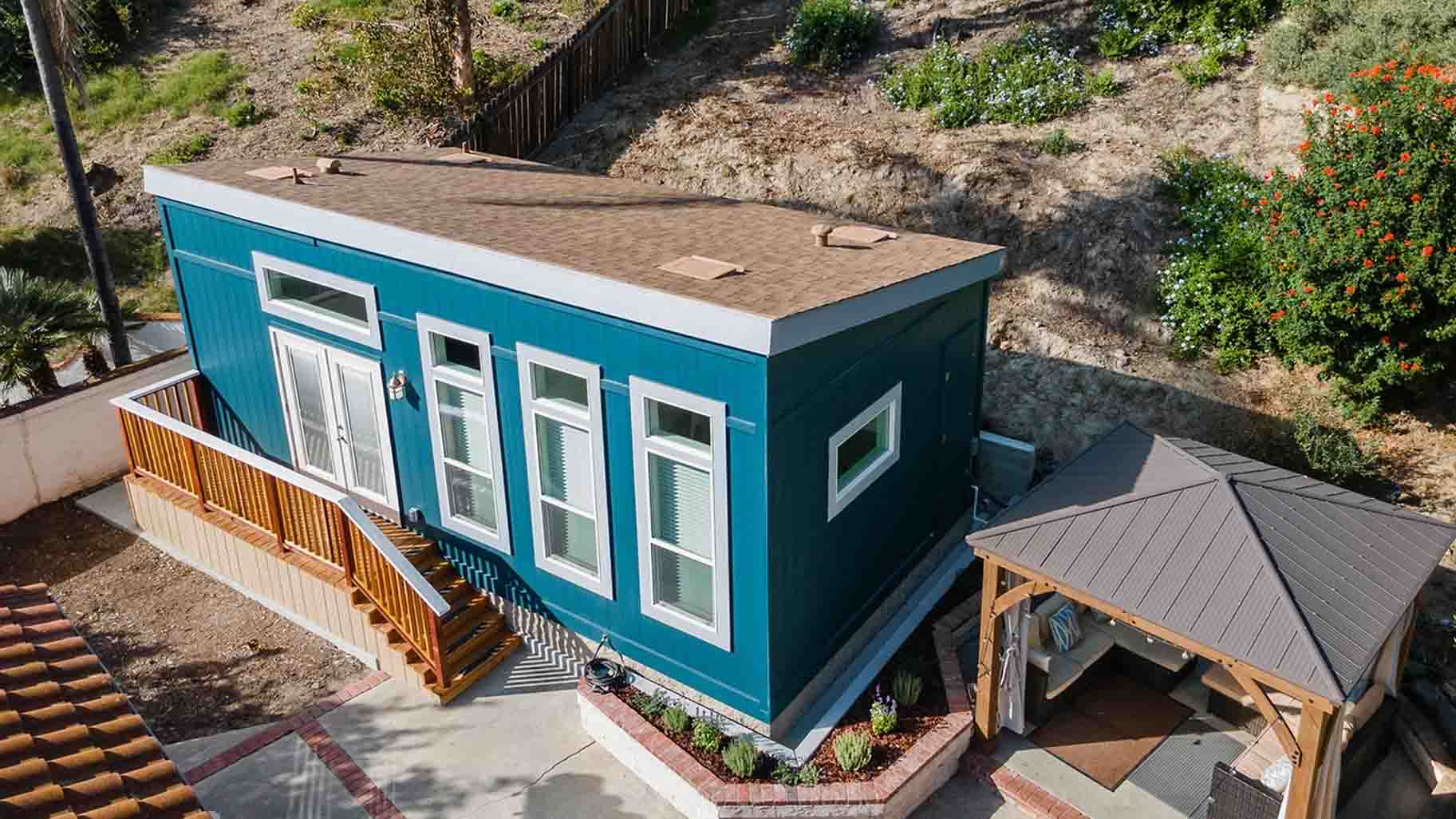
What Is an Accessory Dwelling Unit (ADU)? A Complete Beginner’s Guide
Homeowners in North Carolina and South Carolina often face the challenge of maximizing their property’s potential while offering affordable living options for family or tenants. Those looking for flexible housing solutions frequently ask: What is an Accessory Dwelling Unit (ADU)? An ADU could be the answer to their property challenges.
ADUs offer an opportunity for property owners to optimize their living space both practically and financially. These units, often referred to as granny flats, in-law units, or backyard cottages, are secondary housing units located on the same lot as a primary residential home. ADUs can transform a property’s utility by providing additional living space without the need for building a separate home.
Understanding an Accessory Dwelling Unit’s potential begins with recognizing the immense opportunities it presents. These small, self-contained units typically include a kitchen, bathroom, and sleeping area, providing comfort and independence for occupants. For families, ADUs can serve as an ideal housing solution for aging parents or adult children. They are also used to generate rental income, contributing to housing affordability in urban and suburban areas. Additionally, ADUs can enhance property value by making fuller use of the existing real estate footprint.
The solution for implementing an ADU starts with understanding the requirements and constraints involved. In North Carolina and South Carolina, zoning laws and building codes play critical roles in the feasibility and design of ADUs. Homeowners must research local regulations to determine what types of ADUs are permissible, and where. Variations like converted garages, basement apartments, or separate structures in the backyard each come with specific considerations.
When deciding to pursue an ADU, an important consideration is cost-effectiveness. Modular homes offer an efficient route to developing ADUs. Modular ADUs are prefabricated buildings constructed off-site and assembled on the homeowner’s property. This method can drastically reduce construction time and expenses since manufacturers rigorously adhere to building codes and ensure high-quality standards in a controlled environment.
Partnering with a reliable modular home provider, such as HomeBound Homes, can streamline the process of creating an ADU. Our expertise lies in providing modular housing solutions that match both budgetary needs and aesthetic preferences. With the modular option, homeowners access customizable designs while also benefiting from shorter building timelines and reduced disruptions.
The next step for homeowners interested in an ADU is to assess their property and financial situation. Conducting a feasibility study, determining a budget, and setting clear goals for the ADU are essential steps in planning. Seeking professional advice on architectural design and financial forecasting can further aid in making informed decisions.
The key message for those thinking about an Accessory Dwelling Unit is clear: taking advantage of these structures can boost property value, provide affordable housing options, and create extra income. Working with HomeBound Homes on this project can guarantee an efficient and successful conversion or addition, turning your vision of more space and utility into reality. Begin your journey today by reaching out to HomeBound Homes for expert advice on transforming your property with a flexible ADU that fits your specific needs.
